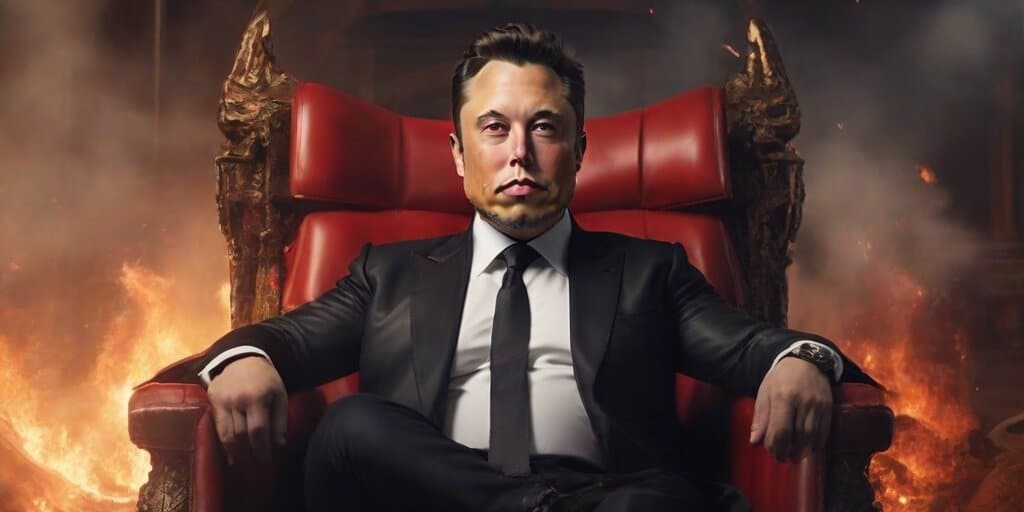Twitter, long criticized as a platform rife with disinformation and illegal content, now faces its first official EU government inquiry into its handling of posts related to the war between Israel and Hamas.
The move comes after Twitter responded to the EU's new Digital Services Act (DSA) by filing a September content moderation report, a November transparency report and “a formal request for information on illegal content related to Hamas attacks on Israel,” according to Twitter. So far, it is the only major platform targeted under the Act.
Firms that violate the DSA can face fines of up to 6 percent of their global turnover. For context, Twitter's 2022 revenue is in the range of $4.4 to $5.22 billion, according to various reports.
The EU Commission's move is just the latest chapter in a heated dispute between Twitter and its owner, Elon Musk.
Thierry Breton, head of EU industry, revealed the focus of the inspection in a brief statement.
“Today we open formal legal infringement procedures,” he wrote on the social media platform in question. The lawsuit includes alleged breach of obligations to prevent illegal content and information, breach of transparency obligations and alleged misleading user interface design. .
Musk has been vocal about the platform's mediation tactics, rejecting the EU's accusations.
“Are you taking action on other social media? Because if you have those problems on this platform, and none of them are perfect, the others are worse,” he said in response to Breton's post.
Since Musk took over, Twitter has experienced significant changes in how it operates and as a business. These changes include a general shift in political bias and the reinstatement of banned accounts (and thus the loss of millions in advertising – something he says doesn't bother him that much). These changes have sparked debates about the platform's new direction, particularly about disinformation and the balance between open discourse and responsible content management.
Central to the question is the ‘community notes' feature. Introduced earlier this year, it allows users to flag misleading content, essentially crowdsourcing fact-checking, which can be argued to be an ineffective way to fact-check content shared on Twitter and an insufficient commitment to providing accountable information.
“To enable free expression and discussion, we only intervene if content violates our rules,” Twitter said in an official post.
The company says misleading information is “recognized by a combination of human assessment and technology and collaboration with international third-party experts.”
New CEO Linda Yaccarino raised these concerns in a letter following the Oct. 7 attack, saying the platform has deleted thousands of tweets and continues to “quickly respond to law enforcement inquiries from around the world, including EU member states.”
Yaccacarino also pointed out that community notes play an important role in combating disinformation.
However, his behavior proved to be a double-edged sword. Community Notes has previously led to the removal of posts from high-profile political accounts, including those of the Israeli government and the White House, over alleged false claims.
The EU's strict regulatory stance on electronic media is expanding to cover a range of electronic communications, from privacy and social media to AI and fair use.
The European Commission's latest media policy agreement, the European Media Freedom Act (EMFA), further highlights the EU's focus on media integrity. The EMFA, announced earlier this month, aims to protect editorial freedom, ensure media diversity and promote transparency across the EU.
EMFA fulfills the DSA's objectives by protecting journalists, ensuring transparent media ownership and setting standards for public service media.
In keeping with the digital age, Twitter—a platform that prides itself on open speech—now finds itself at the center of a debate about its principles. As the EU digs deeper into its practices, the result could be a warning about the complexity of free speech governance in an age where every word we write can reach every corner of the globe.
Edited by Ryan Ozawa.
Stay on top of crypto news, get daily updates in your inbox.

